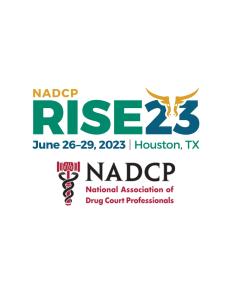The Diagnostic and Statistical Manual of Mental Disorders (DSM-5) is the product of more than 10 years of effort by hundreds of international experts in all aspects of mental health.

Definition: a person’s condition with regard to their psychological and emotional well-being.
The Diagnostic and Statistical Manual of Mental Disorders (DSM-5) is the product of more than 10 years of effort by hundreds of international experts in all aspects of mental health.
From police departments to courts of law, the CCBHC model provides a mechanism to coordinate, deliver - and often pay for - mental health and substance use services for justice-involved persons.

NIC is excited to attend the RISE conference, which brings together esteemed public health and public safety leaders dedicated to enhancing access to treatment for individuals with substance use and mental health disorders who find themselves entangled in the justice system. Our will be able to share what we learn with state and local partners, which will help them to improve the quality of care they provide to people with substance use and mental health disorders.
Juvenile Mental Health Courts (JMHCs) provide case management and support to youth in the juvenile justice system with behavioral health needs.
Youth in Juvenile Hall are often at a critical crisis point. By the time a youth reaches Juvenile Hall, they have often been metaphorically “screaming for help” for a very long time.
Mental health screening and assessment is crucial within juvenile correctional facilities (JC).